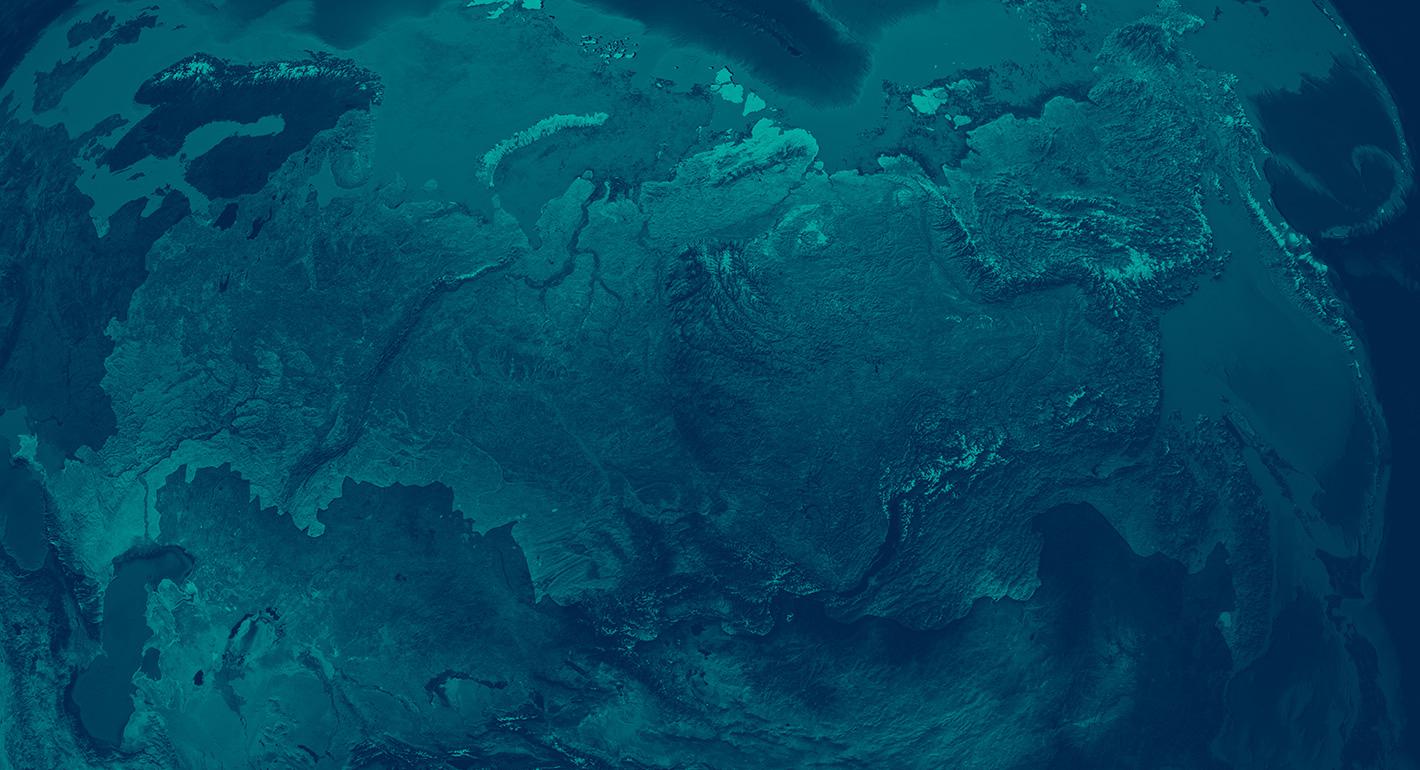Registration
You will receive an email confirming your registration.
The Russia-Ukraine conflict has highlighted the interconnected political, economic, and security interests that bind Asia, the Middle East and Russia. Since the start of the conflict, China expressed a clear position on Russia, its top gas supplier, and the Russian war in Ukraine, by condemning the West’s push to expand NATO and validating Moscow’s security concerns. India, in turn, expressed its disappointment regarding Russian actions, albeit it stopped short of jeopardizing its military and political ties with Moscow—an important partner against what it sees as pervasive threats from China and Pakistan.
Meanwhile, regional powers in the Middle East, including the Gulf states and Israel, which prefer to keep Russia on their side to face the threat of a nuclear Iran, have sought to hedge their bets as the Ukraine conflict unfolds. The oil reserves of the Gulf Cooperation Council countries has been an invaluable bargaining chip for Gulf monarchies to alter their strategic priorities and steer them further away from the West. The United Arab Emirates and Saudi Arabia, for instance, have declined several requests from the United States and the United Kingdom to increase oil production to offset soaring oil prices. They have also held talks with Russia, signaling a willingness to protect their mutual interests especially on energy. They have also continued to support China’s growing ambitions in the region, including the Belt and Road Initiative, which raises concerns for the U.S.-led Indo-Pacific agenda.
To examine the impact of the Ukraine conflict on the geopolitical, security, and economic calculations of Middle Eastern and Asian powers, the Malcolm H. Kerr Carnegie Middle East Center invites you to a public panel discussion on Wednesday, July 27 from 16:00 till 17:15 Beirut time with Cinzia Bianco, Rudra Chaudhuri, Frederic Wehrey and Elizabeth Wishnick.
The discussion will be held in English and will be moderated by Maha Yahya. Viewers may submit their questions for the panelists using the live chat feature on Facebook and YouTube during the event. For more information, please contact Josiane Matar at Josiane.matar@carnegie-mec.org.
This event is part of 3-panel series to explore Middle Eastern, European, and international developments in the aftermath of the Russia-Ukraine conflict and assess the consequences of this conflict on the global geopolitical, economic, and security architecture.
